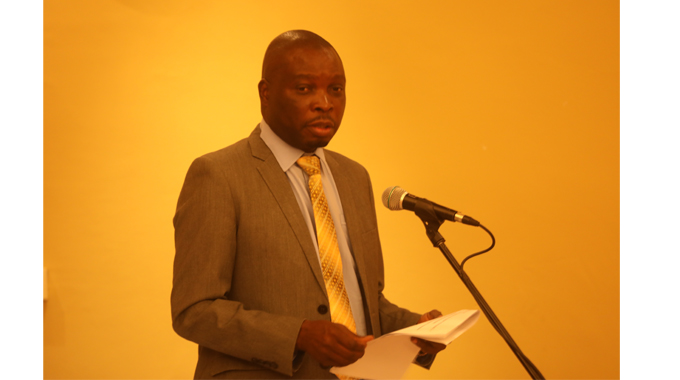Unity in Matabeleland North fosters development

Leonard Ncube, Victoria Falls Reporter
THE Unity Day that Zimbabwe is celebrating today helped preserve peace and harmony among different ethnic groups found in the rainbow province of Matabeleland North.
The province has more ethnic groups and languages than any other province in the country.
The languages include Nambya, Tonga, Nyanja, Chewa, Dombe, Lozi, Lubale, Ndebele, Xhosa and Shona speaking people across the province.
Nambya, Nyanja, Chewa, Dombe, Lozi and Lubale are dominant in Hwange district where there are descendants of Hwange Colliery Company mine workers.
Despite the different languages and cultural backgrounds, the province has remained united politically and socially and this has helped stir economic growth.
Political and traditional leadership in Matabeleland North said the Unity Accord between the late former President Robert Mugabe and the late Vice-President Dr Joshua Mqabuko Nkomo, on December 22, 1987 to end political disturbances in Matabeleland and Midlands regions, helped instill unity despite ethnic and language differences.
Every year, the country celebrates the signing of the Unity Accord which brought together Zanu-PF and PF-Zapu under the banner of Zanu-PF.
Matabeleland North Provincial Affairs and Devolution Minister Richard Moyo said the Unity Accord continues to guide people into a united community.
“The Unity Accord guides us which is why people are united in Matabeleland North despite various ethnic groups. People continue to be guided by the agreement that our leaders made in 1987 and all provinces cherish and talk about Matabeleland North when it comes to peace be it during or after elections periods,” said Minister Moyo.
He said even traditional leaders speak in unison on issues of national interest as they are guided by the Unity Accord.
Chief Ndondo of Mbembesi said the Unity Accord gave confidence to minority groups that they are everyone is equal.
“It is the Unity Accord that united and continues to unite us despite different backgrounds. We used to have challenges of being divided along tribal lines but this unity we are enjoying today is a result of the agreement our leaders signed. It solidified our relations as people,” he said.
Chief Whange of Hwange said even those once referred to as foreigners settled comfortably after the Unity Accord.
“We are a rainbow district as Hwange because of the various groups found at the coal mining town. Locals allowed those that came to work in mines to speak in their languages and observe their cultures so that they feel at home.
“Those from Malawi and Zambia used to go to the two countries saying they are visiting home but after the Unity Accord they started building homes locally and have become part of the bigger family,” said Chief Whange.
-@ncubeleon








Comments